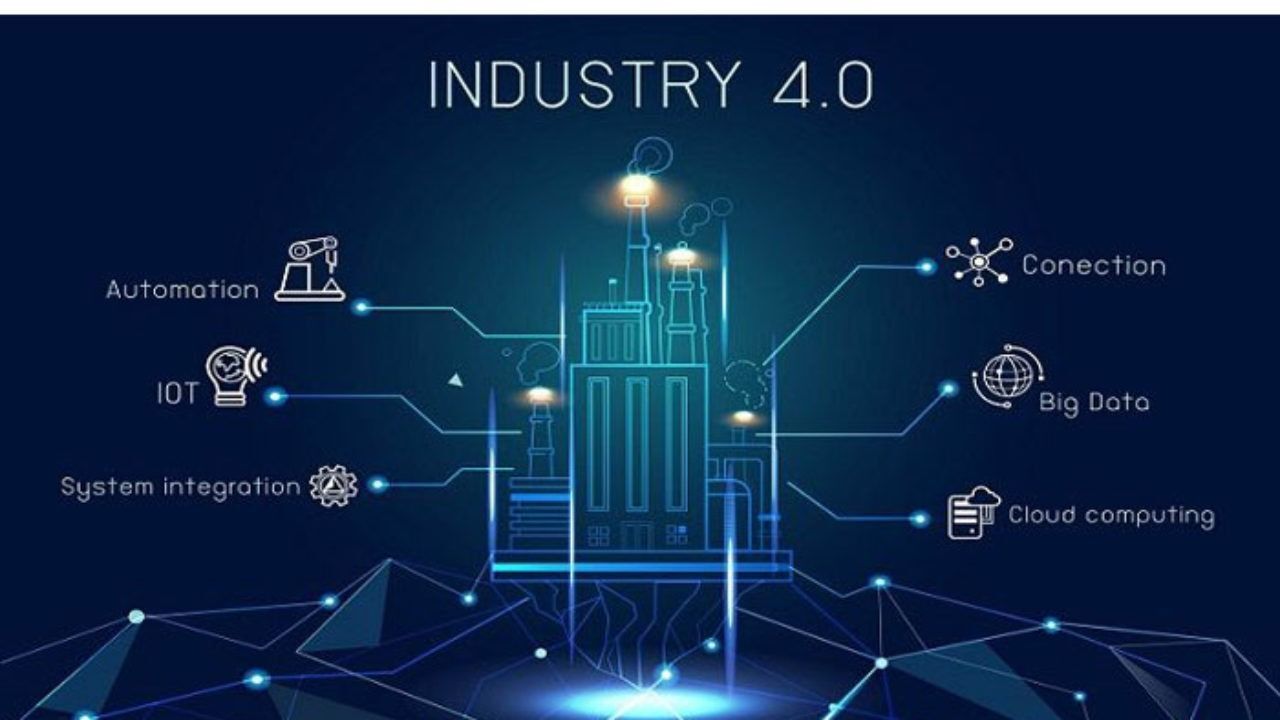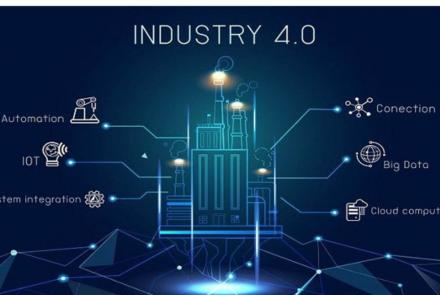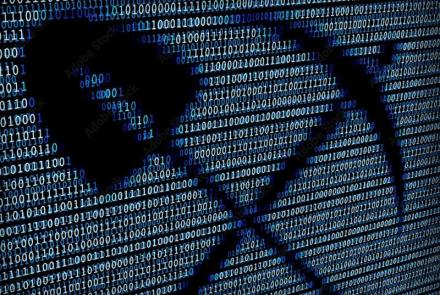Industry 4.0 and Smart Factories
What is Industry 4.0?
In this article, we will discuss what Industry 4.0 and the Smart Factory mean. But first, let's look at what Industry 4.0 is and what it means for us. The modernized industry that emerged from the industrial revolution has reached today's conditions with 3 major revolutions. The 4th Industrial Revolution, which we now call Industry 4.0, constitutes a starting point for the smart factory concept. It would not be a lie to say that with Industry 4.0, systems that are almost completely automated, organized production processes and robots that can respond to needs by communicating with each other play a major role in industries. As a result of today's competitive environment, large enterprises need to use Industry 4.0 organizations effectively.
When Industry 4.0 is mentioned, an industrial process in which production and consumption needs change completely and machines are in communication with each other and people comes to mind. Among the most effective advantages that have entered our lives with Industry 4.0;
• Increasing productivity with effective resource use,
• Minimizing the errors that occur in the supply and demand chain,
• Conducting business processes more reliably and with precise results,
• Creation of value opportunities (innovative services, new forms of employment, development opportunity of SMEs and new enterprises),
So What Does the Concept of Smart Factory Mean in Industry 4.0?
The smart factory is the concept that envisages the production environment as a fully automated and intelligent system network that enables the management of work centers, machines and logistics chains within the production facility without human intervention. The term smart factory first appeared in the workshop of the National Science Organization in 2006. Although it was called smart production processes at first, it gained usage as the abbreviation Smart Factory over time.
In the smart factory within Industry 4.0, the required work is done by correctly placed sensors etc. determined by tools. These tools communicate via the internet with other components at a distance that are required for production. It also includes intelligent systems that get the information it needs from "Big Data" in cloud systems. The task of all the resources used is to control the whole process rather than to exchange information and to be able to perform maintenance at the points they deem necessary.
In this context, smart factory solutions, as a fully automated system, are intended for all manufacturing companies that want to gain competitive advantage and potentially get efficiency from their personnel skills and time. Although realizing this idea requires investment, effort and the right strategy, the advantages of a fully automated system in the long run will allow you to create more sustainable and efficient systems.







